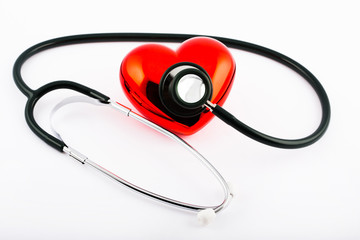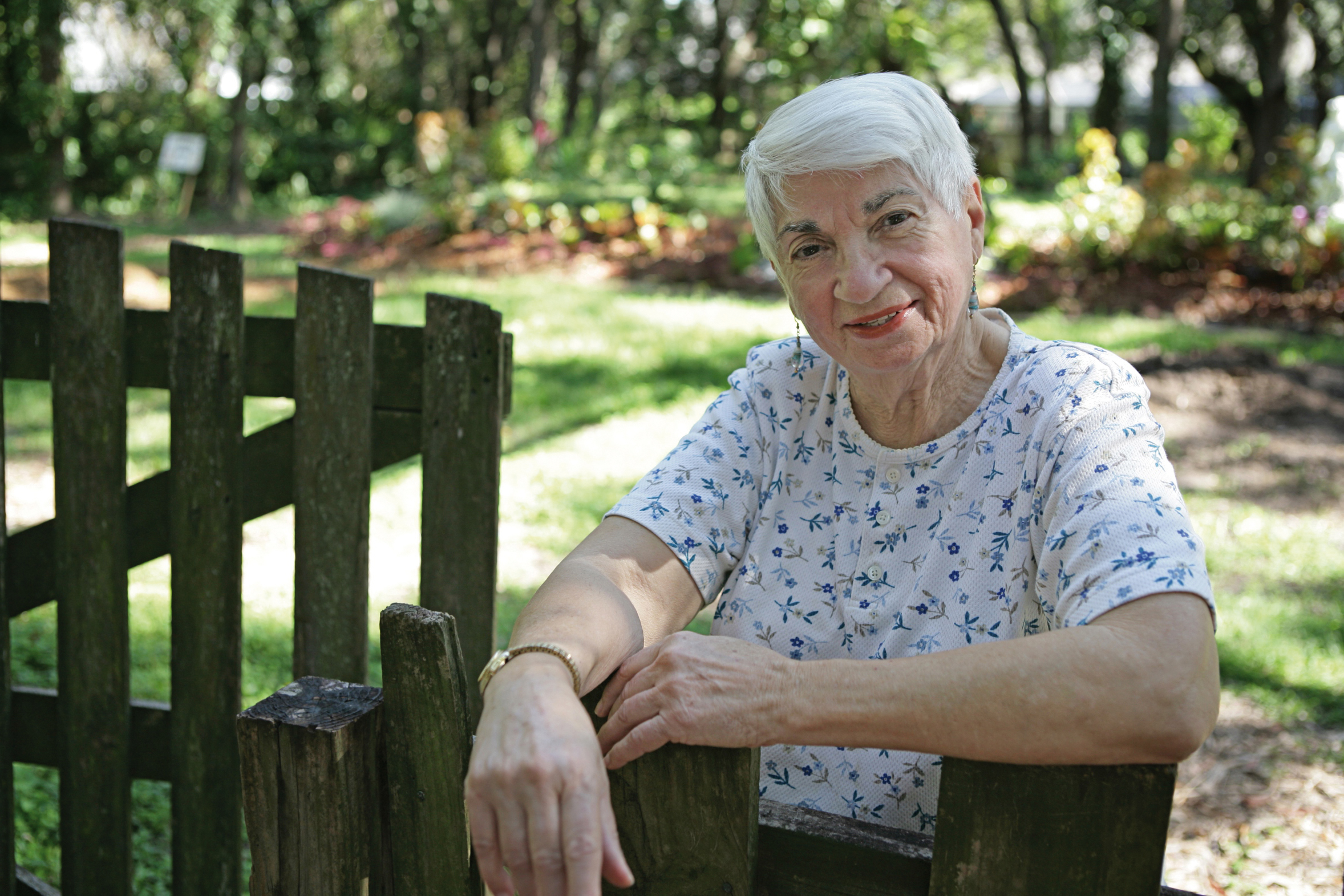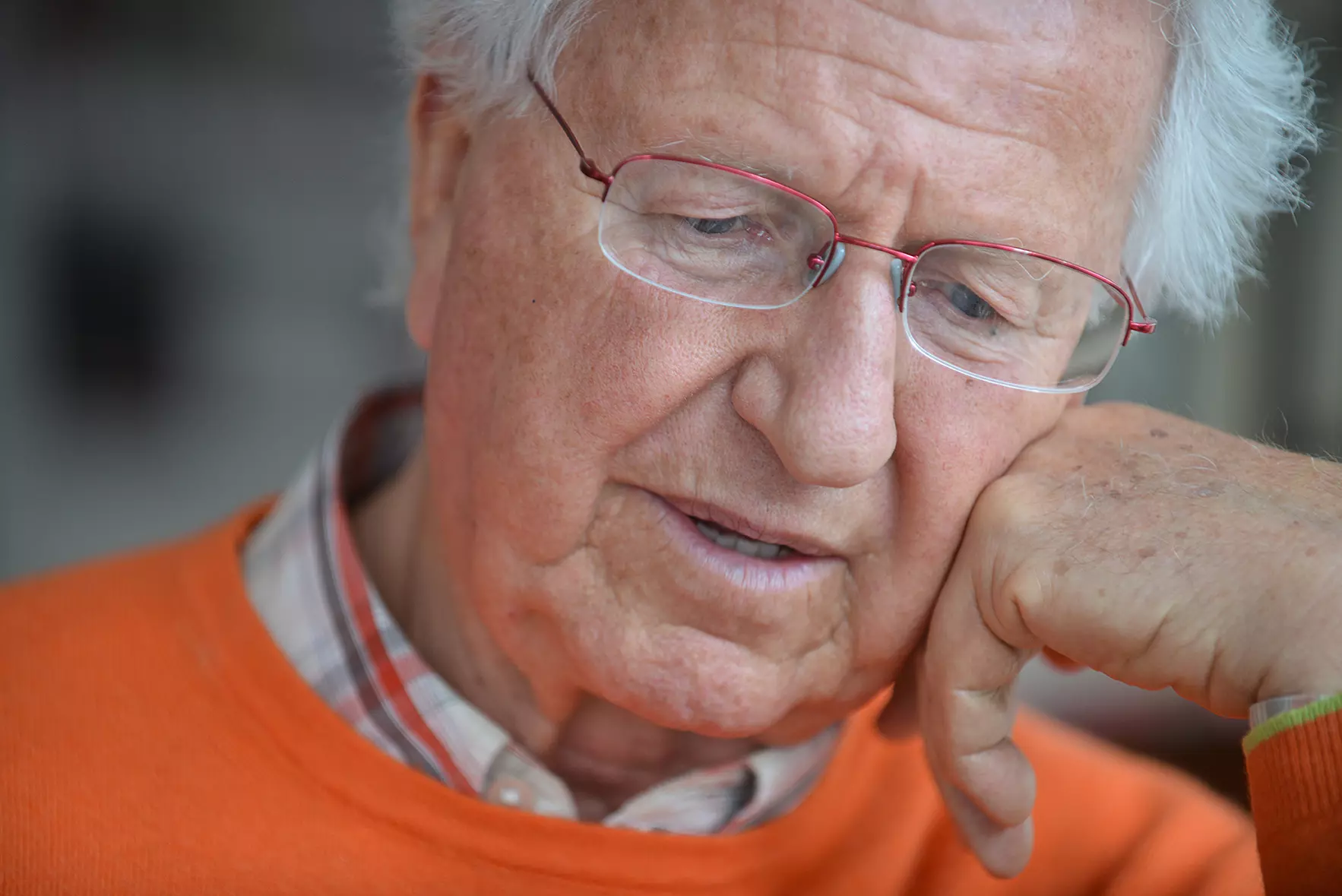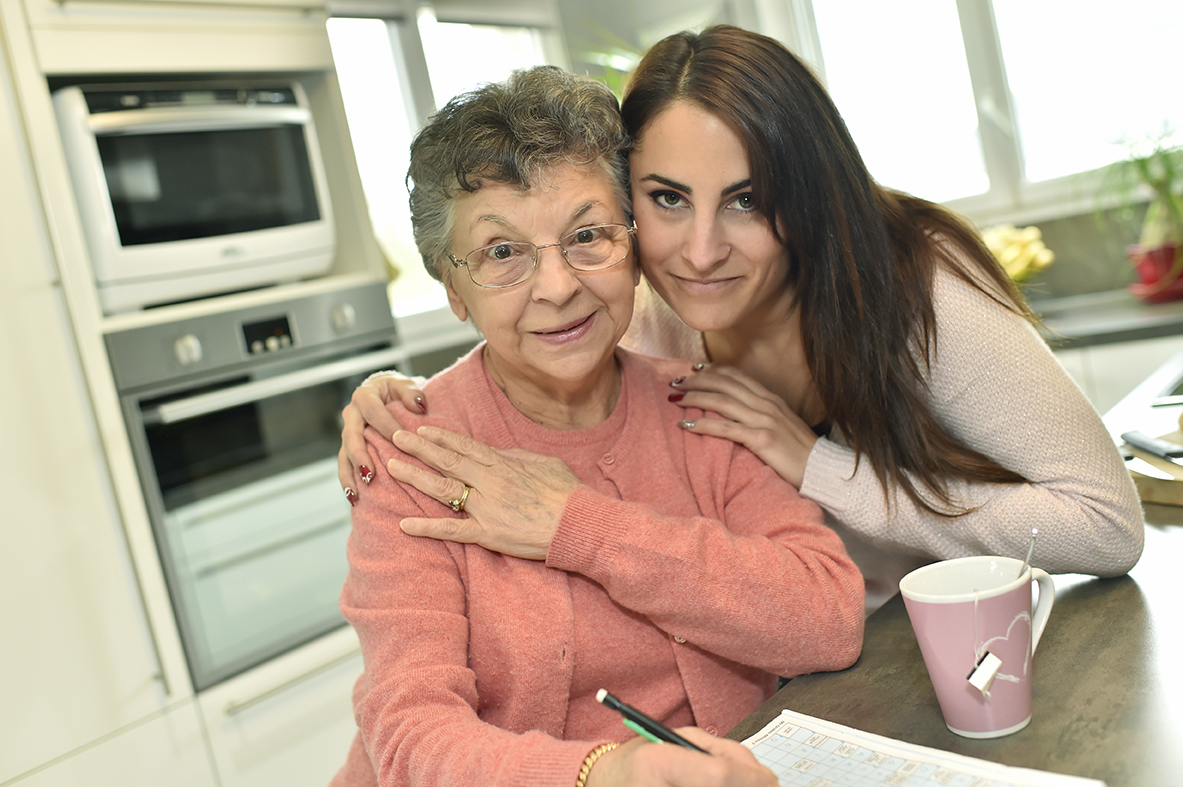
Cardiac emergencies can occur unexpectedly, and being prepared to act promptly is crucial to increase the chances of saving lives. Knowing the essential steps to take during such critical moments is vital for everyone.
Recognize the signs
Recognizing the signs of a cardiac emergency is the first crucial step. Symptoms may include sudden chest pain or discomfort, shortness of breath, nausea, lightheadedness, or pain or discomfort in other areas of the upper body, such as the arms, back, neck, jaw, or stomach. If you observe someone experiencing these symptoms, don't hesitate to take action.
Call for help immediately
Find YOUR ideal care home NOW!
Time is of the essence during a cardiac emergency. If you witness someone experiencing symptoms of a heart attack or cardiac arrest, call emergency services immediately. Prompt medical attention is vital for increasing the chances of survival and minimizing long-term damage to the heart.
Perform CPR
Cardiopulmonary resuscitation (CPR) can be a lifesaving intervention during a cardiac emergency. If the person is unresponsive and not breathing normally, begin CPR immediately. If you're trained in CPR, administer chest compressions and rescue breaths according to the latest guidelines. If you're unsure or uncomfortable performing CPR, emergency dispatchers can provide instructions over the phone until help arrives.
Use an automated external defibrillator (AED)
An automated external defibrillator (AED) is a portable device that delivers an electric shock to the heart to restore normal rhythm during sudden cardiac arrest. If an AED is available, follow the device's voice prompts to administer a shock if advised. AEDs are designed to be user-friendly, providing step-by-step instructions for proper use.
Stay calm and reassure
During a cardiac emergency, it's essential to remain calm and reassure the person in distress. Your calm presence can provide comfort and support during a frightening situation. Even if you're feeling anxious, projecting a sense of confidence and reassurance can help keep the situation under control until professional help arrives.
Educate yourself and others
Empower yourself and others by learning CPR and basic first aid skills. Many organizations offer CPR training courses that teach individuals how to respond effectively during cardiac emergencies. By spreading awareness and knowledge about cardiac emergencies and life-saving interventions, you can help create a community of prepared individuals ready to act when needed.
Common Signs of a Cardiac Emergency and Their Implications
| Symptom | Possible Cause | Recommended Action |
|---|---|---|
| Sudden Chest Pain or Pressure | Could indicate a heart attack or angina. | Call emergency services immediately and keep the person calm. |
| Shortness of Breath | Can be a sign of heart failure, blocked arteries, or cardiac arrest. | Encourage the person to stay seated and call for medical assistance. |
| Pain in Arms, Back, Neck, or Jaw | Often associated with heart attacks, especially in women. | Monitor symptoms closely and seek emergency medical care. |
| Nausea or Vomiting | Can be a lesser-known sign of a heart attack. | Check for other symptoms and contact emergency services if needed. |
| Dizziness or Lightheadedness | May indicate low oxygen levels due to heart problems. | Keep the person seated and monitor their condition while waiting for help. |
| Loss of Consciousness | Sign of cardiac arrest or severe heart failure. | Start CPR immediately and use an AED if available. |
Being prepared to take swift and decisive action during a cardiac emergency can be the difference between life and death. By recognizing the signs, calling for help, performing CPR, using an AED when available, staying calm, and educating yourself and others, you can be a lifesaver in a critical moment. Together, let's work towards building a world where everyone is equipped with the skills and readiness to respond effectively during cardiac emergencies.
FAQ:
1. What should I do first if I suspect a cardiac emergency?
Call emergency services immediately. Time is critical in preventing severe damage or death.
2. How do I recognize a heart attack?
Symptoms include chest pain, shortness of breath, nausea, lightheadedness, and discomfort in the arms, back, or jaw.
3. What is the difference between a heart attack and cardiac arrest?
A heart attack occurs when blood flow to the heart is blocked, while cardiac arrest is when the heart suddenly stops beating.
4. How do I perform CPR correctly?
Place your hands in the center of the chest, push down hard and fast at a rate of 100-120 compressions per minute, and give rescue breaths if trained.
5. What is an AED, and how does it work?
An Automated External Defibrillator (AED) delivers an electric shock to restart the heart and provides step-by-step voice instructions.
6. Can using an AED harm someone who doesn't need it?
No. AEDs analyze the heart's rhythm and will only deliver a shock if necessary.
7. Why is it important to stay calm during a cardiac emergency?
Remaining calm helps provide clear instructions, reassures the person in distress, and improves the efficiency of medical response efforts.
8. Should I wait for paramedics before starting CPR?
No. Start CPR immediately if the person is unresponsive and not breathing, as every minute without intervention lowers survival chances.
9. How can I prepare myself to respond to a cardiac emergency?
Take CPR and first aid training courses and familiarize yourself with AED locations in public places.
10. What lifestyle changes can reduce the risk of a cardiac emergency?
Maintaining a healthy diet, exercising regularly, quitting smoking, and managing stress can lower the risk of heart disease.
Need help finding a care home?
Senior Home Plus offers free personalized guidance to help you find a care facility that suits your health needs, budget, and preferred location in the UK.
Call us at 0203 608 0055 to get expert assistance today.
Do you need a care home for yourself or your loved one?
Search for Care Homes by Region
| East Midlands | Eastern | Isle of Man |
| London | North East | North West |
| Northern Ireland | Scotland | South East |
| South West | Wales | West Midlands |
| Yorkshire and the Humber |
Share this article :
Latest posts
You are looking for an establishment for your loved one ?
Get availability & prices
Fill in this form and receive
all the essential information
We would like to inform you of the existence of the opposition list for telephone canvassing.








.jpg)

